Child development is a confusing topic for many parents.
When we don’t know what to expect, babies and toddlers can be quite perplexing.
To help you understand more about typical child development, here are 3 things that you may not have realized were part of it.
These are things that I get asked about a lot from parents as someone who has been working with babies and toddlers for years.
This is by no means an exhaustive list of what a typical child will go through, but it’s a great place to start!
If you are looking for more in-depth information about child development to help you understand your child then you will want to check out my courses:
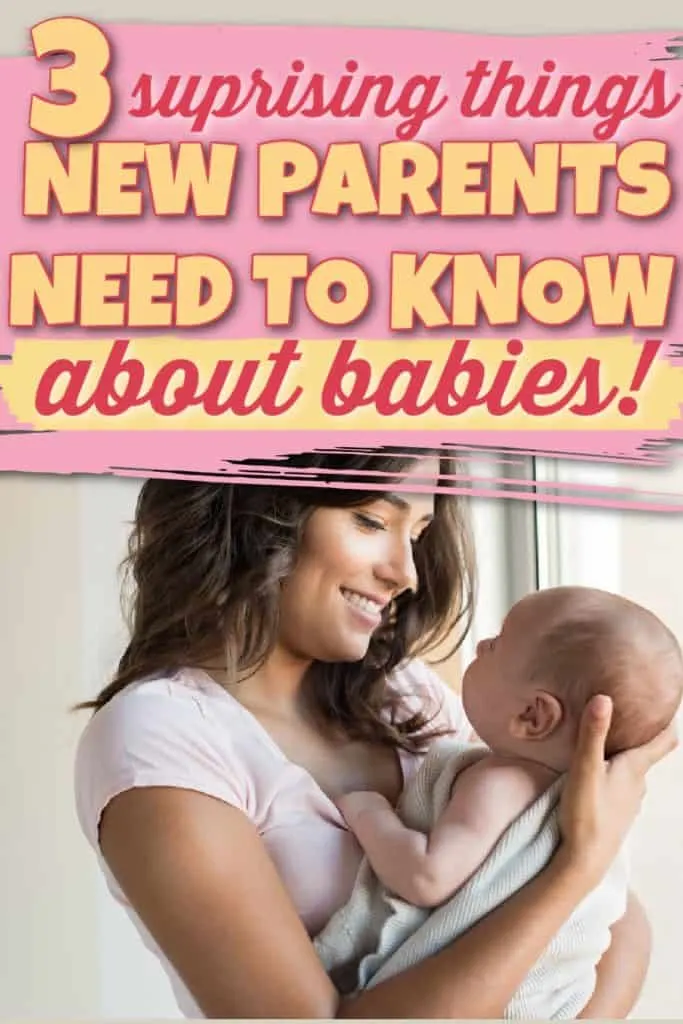
Separation Anxiety in Babies is No Joke!
Is your baby suddenly super clingy?
Like so clingy you can’t leave the room to use the bathroom?
Many times parents see this happening and they automatically think that they have “spoiled” their baby.
Just for the record…you can hold your baby as much as you want because you can not spoil a baby!
But the truth is that this type of behavior is actually very common and a sign that your child may be experiencing separation anxiety.
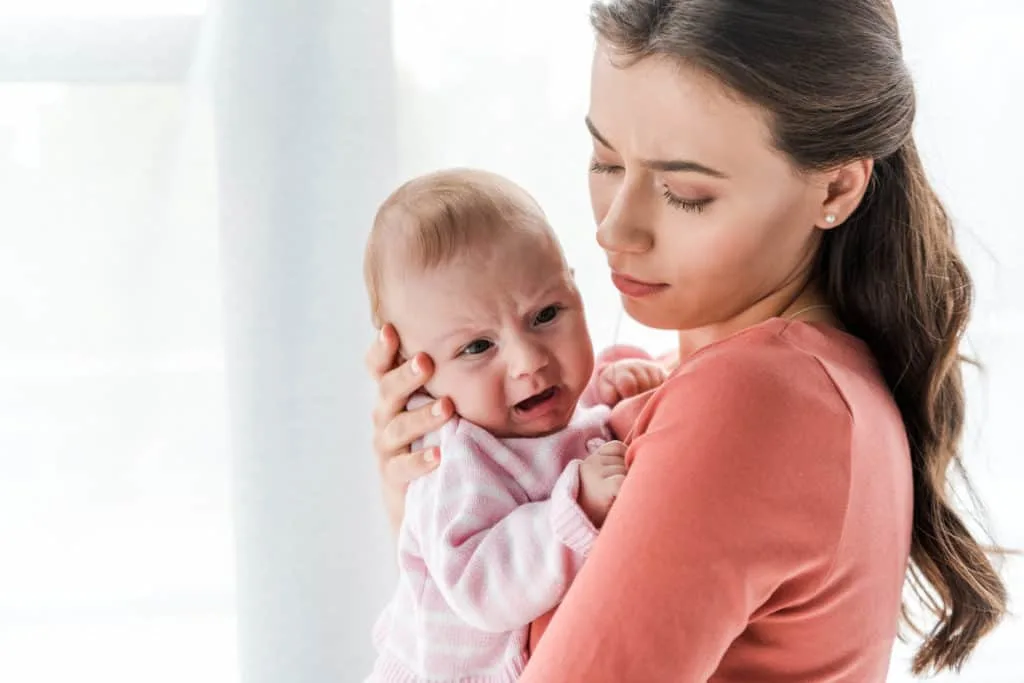
Separation anxiety in babies usually sets in somewhere between 4-6 months…but keep in mind all babies are different.
Separation anxiety can also look different from one baby to the next with it being more intense in some.
When my son went through this stage it was short-lived and pretty brief.
With my daughter, it seemed to last forever and she still was more clingy in her toddler years than my son ever was.
Although separation anxiety sets in when they are babies it will continue through toddlerhood.
You can read more about it here.
How can I get my baby to stop putting everything in their mouth?
If you asked me this question…I would tell you to not STOP them at all because it is actually one of the ways your baby is learning!
Young kids are constantly exploring and tasting everything and for good reason.
They want to learn more about their environment and using their senses is one way that they do that.
This is a normal part of development but it can be frustrating, especially when you find your child chewing on the remote or something that they shouldn’t have.
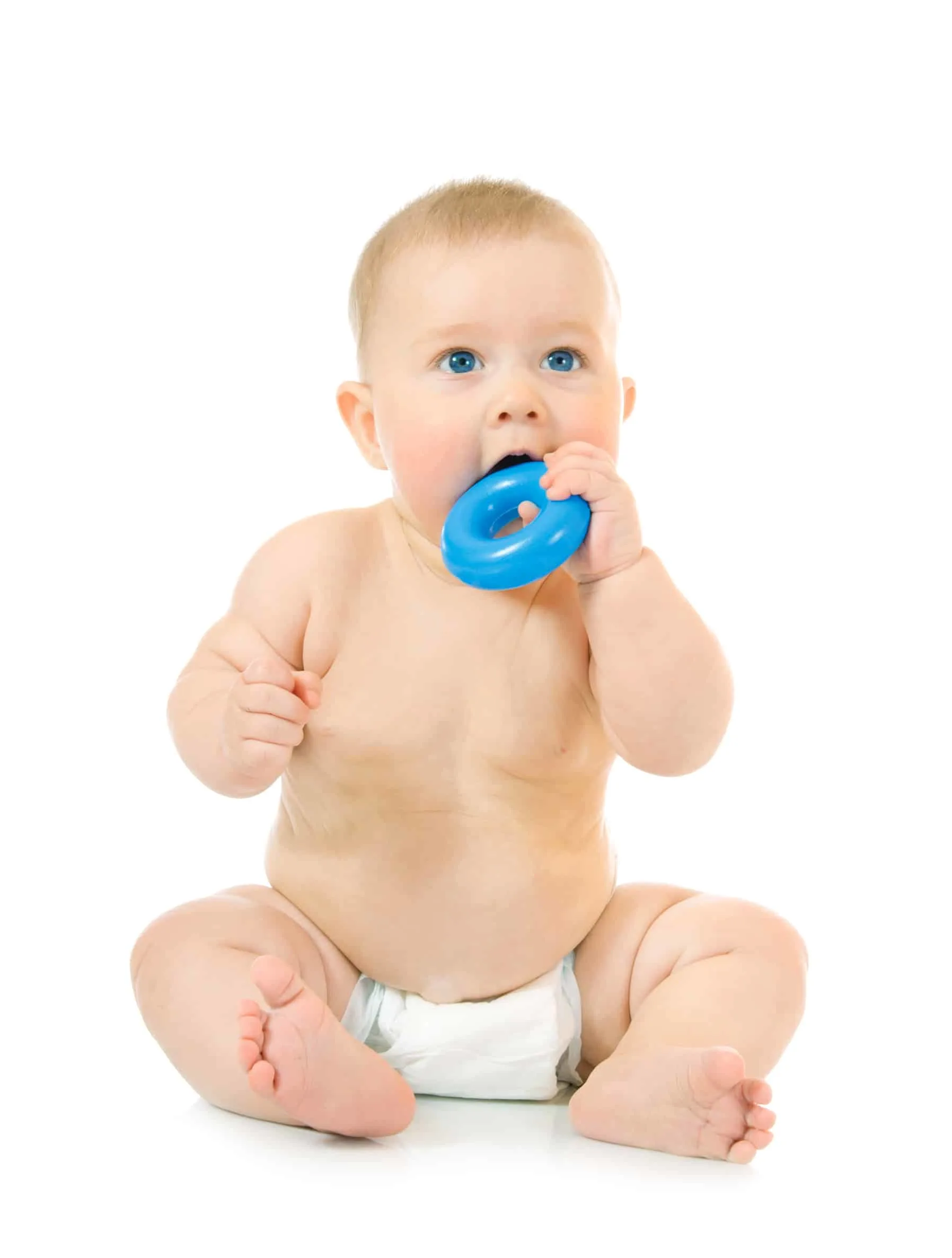
The most important thing you can do at this stage is babyproof and supervise closely.
Also providing your little one with lots of appropriate teethers and toys can help steer this behavior in a safe way.
I didn’t expect temper tantrums to start so early
Temper tantrums usually start somewhere between 12-18 months and it’s no surprise that parents are often taken off guard.
Many parents feel blindsided when these tantrums start to pop up around baby’s first birthday because everyone thinks that they set in during the “terrible twos”
The truth is that they tend to set in around the age of one and continue throughout toddlerhood.
They will start to become less frequent after your child’s third birthday but they will not disappear altogether.
Parents sometimes also get concerned that their child is “naughty” or “strong-willed” when tantrums show up.
All children will have tantrums as they are part of typical child development.
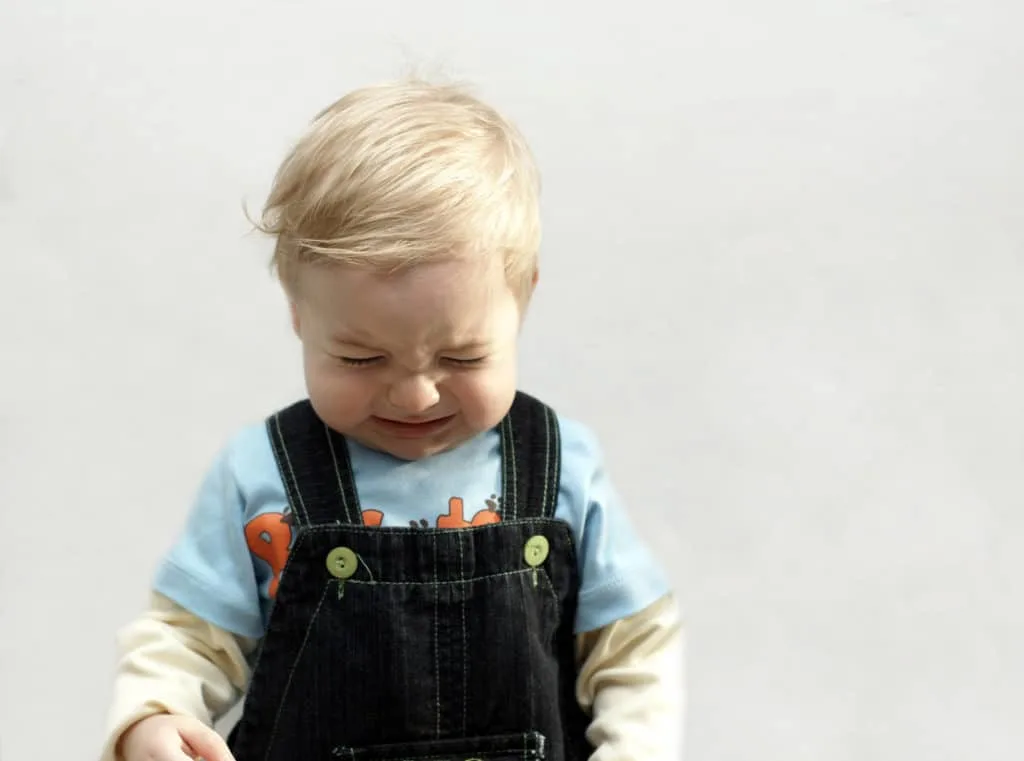
These little people can be so passionate about what they want and the feelings that they are feeling, which makes sense considering how much of their brain is still developing!
Check out my toddler tantrum kit for ideas on how to handle toddler tantrums.
Why Understanding Child Development is a Powerful Tool
One of the easiest things we can do to support our parenting journey is by becoming knowledgeable about child development.
When we are able to see what child development stage our little one is in it can help us understand their behaviors and guide us on how to play and engage with them.
To learn more about child development and how to encourage learning through play and daily routines join my community for mindful parents of babies and toddlers!
Related Posts You Will Enjoy
Best Baby Toys from 0-6 Months
What language skills does a 6-month-old child have?
Easy and Fun Newborn Activities
How to Teach Your Baby to Point
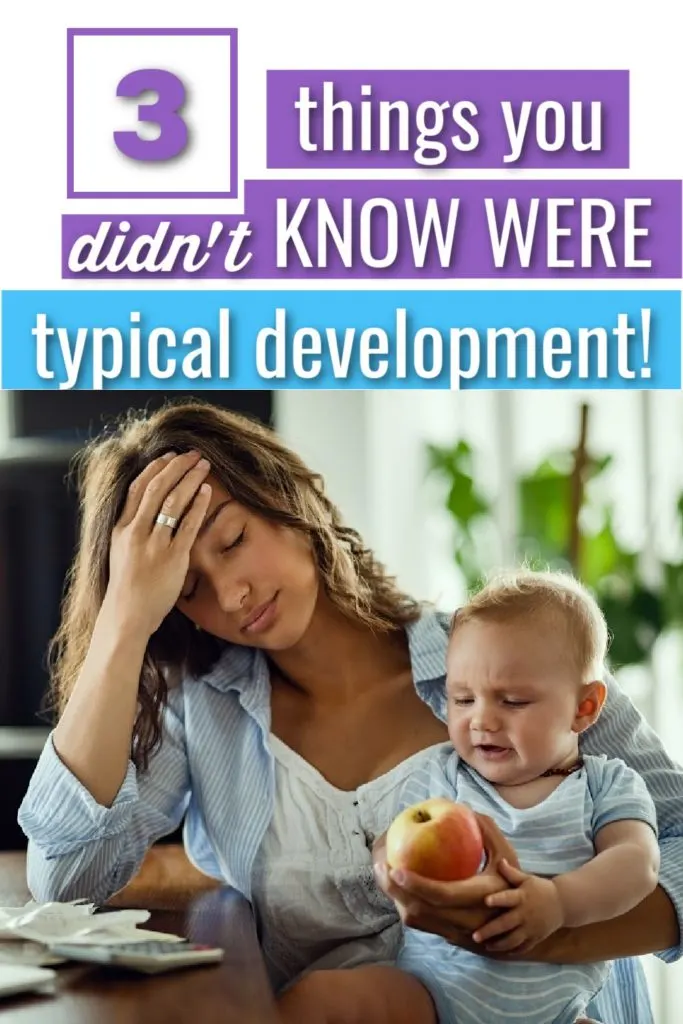
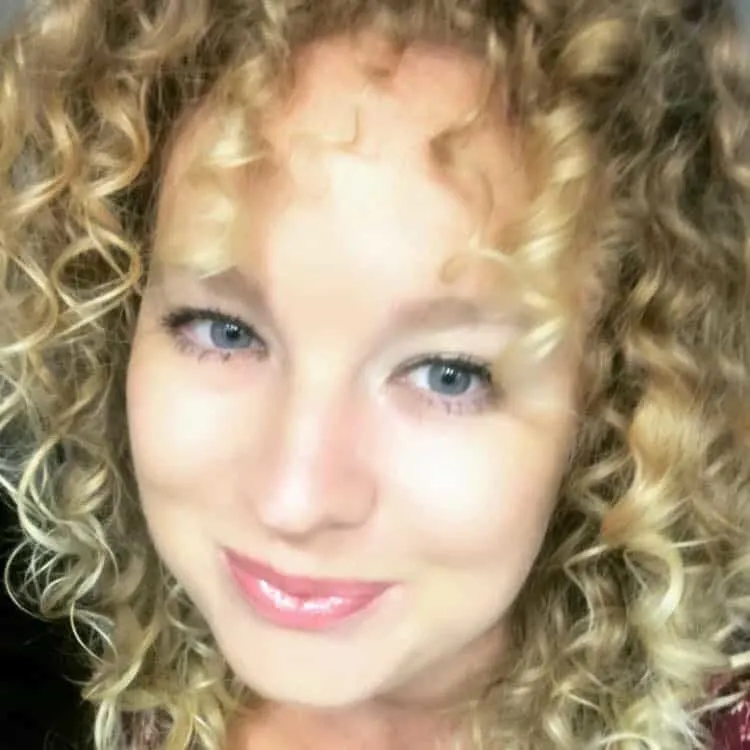
Kayla O’Neill has a master’s degree in education as well as a bachelor’s degree in special education with an emphasis in early childhood education. She has been working as a developmental therapist with babies and toddlers in early intervention since 2012. She is also a mom with two young children.